Nearly 75 percent of children in Royal Oak spend more than two hours a day on screens, missing out on active play and character-building experiences. Martial arts discipline for children offers a proven path to positive habits, combining physical skills with mental training and respect for others.
Key Idea: You’ll see your child gain self-management, social skills, and physical confidence through structured martial arts classes.
Enhance Self-Management
Structured lessons teach kids to manage their own behavior, thoughts, and emotions.
Build Self-Control
Every class at Mastery Martial Arts reinforces simple routines—bow at the door, follow the instructor, practice the move. Over time, these steps become second nature. By sticking to consistent patterns, your child learns to pause before acting, a skill they’ll use on the playground and in the classroom. You can read more about cultivating martial arts self-control for kids.
Sharpen Focus
The repetition of kicks, punches, and forms calls on muscle memory and heightened concentration. A 2023 TM Martial Arts guide explains that visualizing each move in detail deepens neural pathways, so focus carries over to homework and chores (TM Martial Arts). Good news, this kind of practice makes sustained attention feel natural.
Balance Mind and Body
Learning proper breathing reduces stress and anchors attention. When kids inhale before a kick, they calm their mind and steady their body. Many schools add brief meditation or mindful stretches (sometimes just two minutes) to clear distractions. That mind-body connection helps your child handle test anxiety and busy mornings with more ease.
Develop Social Skills
Martial arts classes aren’t solo sports. They bring kids together under shared goals.
Foster Respect
In the dojo, respect isn’t optional. Students bow to instructors, follow clear codes, and address seniors politely. This environment helps your child appreciate authority and recognize the value of kindness. For a deeper look, check out martial arts respect for kids.
Encourage Teamwork
While many drills are individual, pad drills and sparring partners teach the importance of cooperation. Your child learns to cheer peers on, share feedback, and celebrate others’ progress. Over time, they’ll carry that spirit into group projects at school or local sports teams. Discover more about martial arts teamwork for children.
Improve Physical Abilities
Beyond character, martial arts strengthen young bodies in safe, age-appropriate ways.
Develop Coordination
Martial arts require precise footwork, timing, and body awareness. According to JK Lee Blackbelt Academy, kids improve balance, flexibility, and overall health through regular training. These gains translate to better performance in soccer, dance, and playground games. You can read more about martial arts coordination for kids.
Learn Self-Defense
It’s natural to worry about safety. Injury rates in martial arts range from 41 to 133 per 1,000 participants, but most incidents are minor (Training Grounds Jiu-Jitsu & MMA). A quality school emphasises proper technique and safety gear, and teaches de-escalation alongside physical moves. Beyond punches and blocks, your child gains confidence in managing risky situations. Explore martial arts self-defense for children.
Quick Recap & Next Steps
- Martial arts instill self-control, focus, and perseverance—key for lifelong success.
- Respect and teamwork lessons shape positive social habits.
- Coordination and self-defense skills boost physical confidence and safety.
Ready to see these changes in your child? Mastery Martial Arts in Troy offers two weeks free, so you can discover the right style and instructor. Visit www.KidsMartialArtsTroy.com, sign up today, and watch your young learner thrive. You’ve got this—and martial arts can help your child build habits that last.
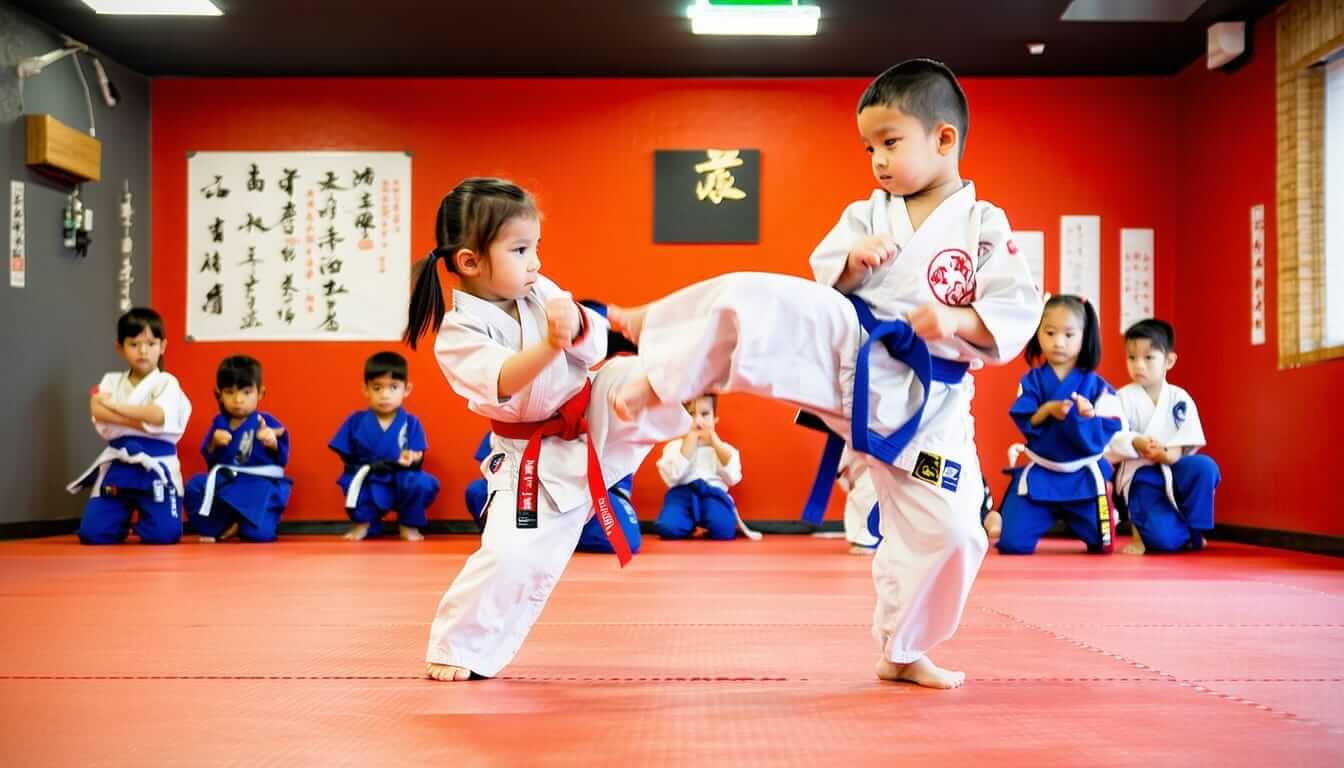
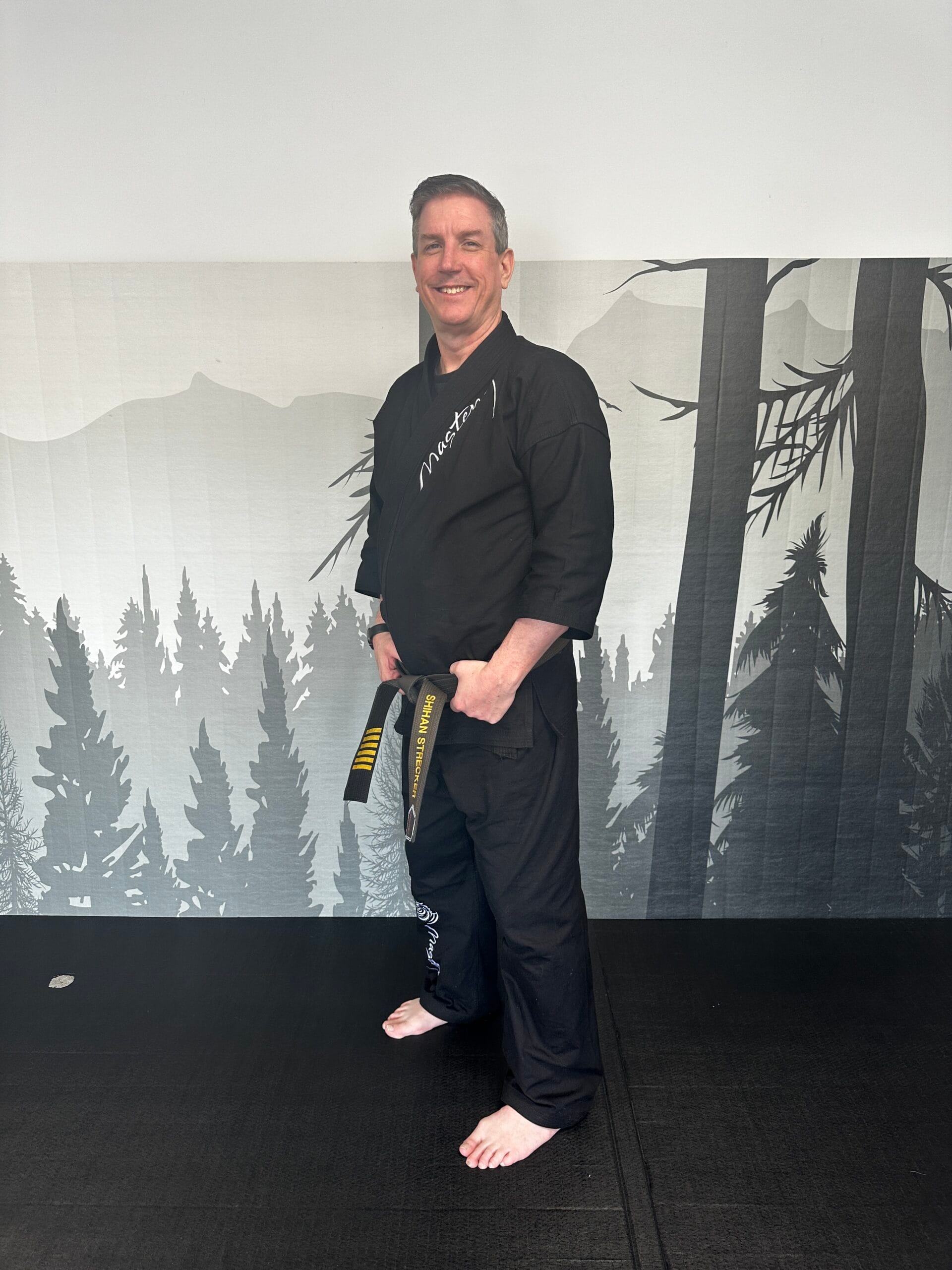
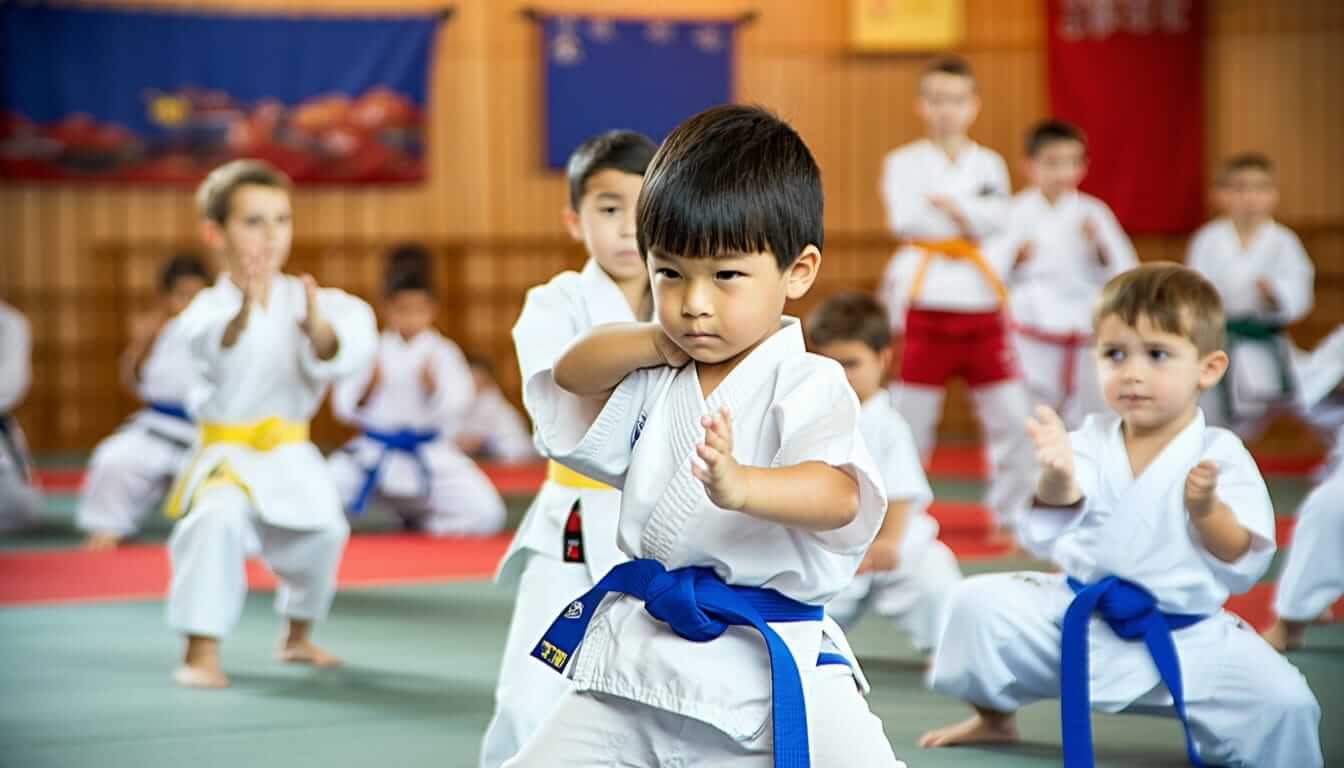
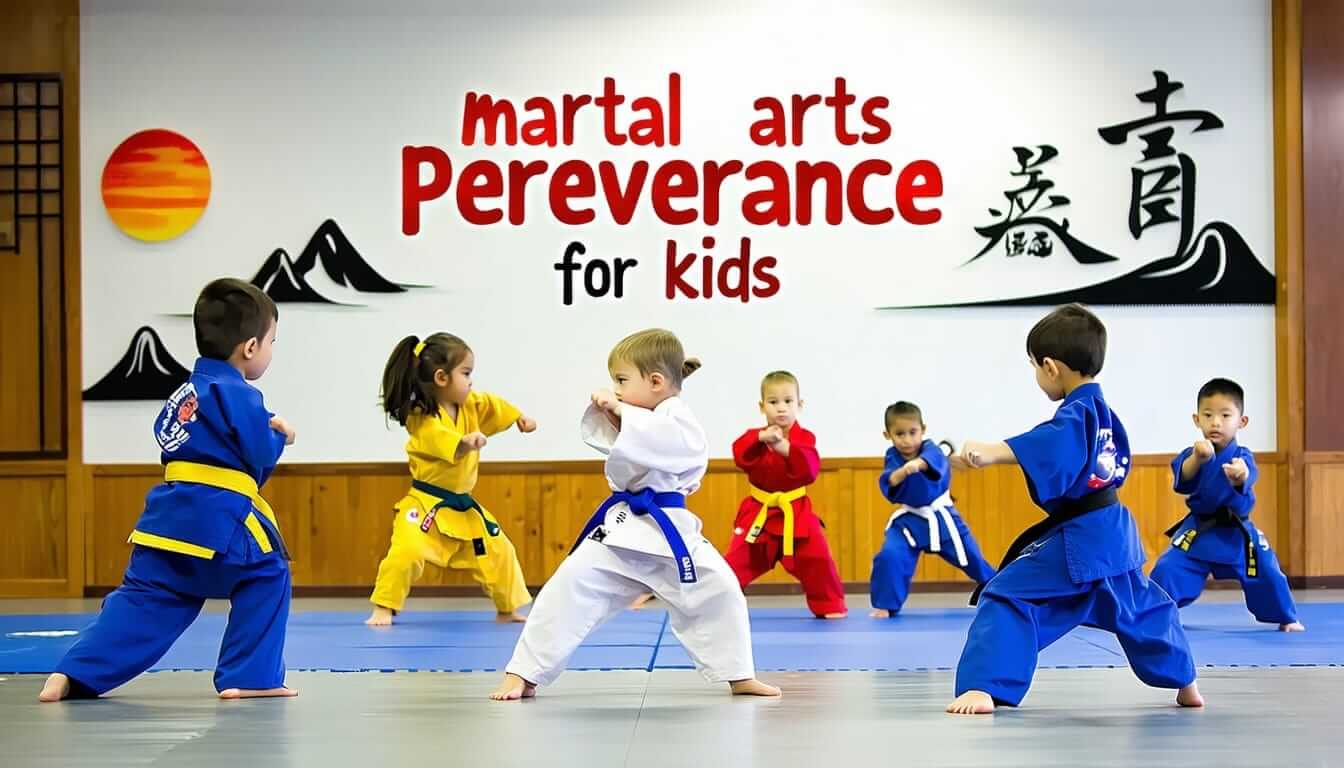
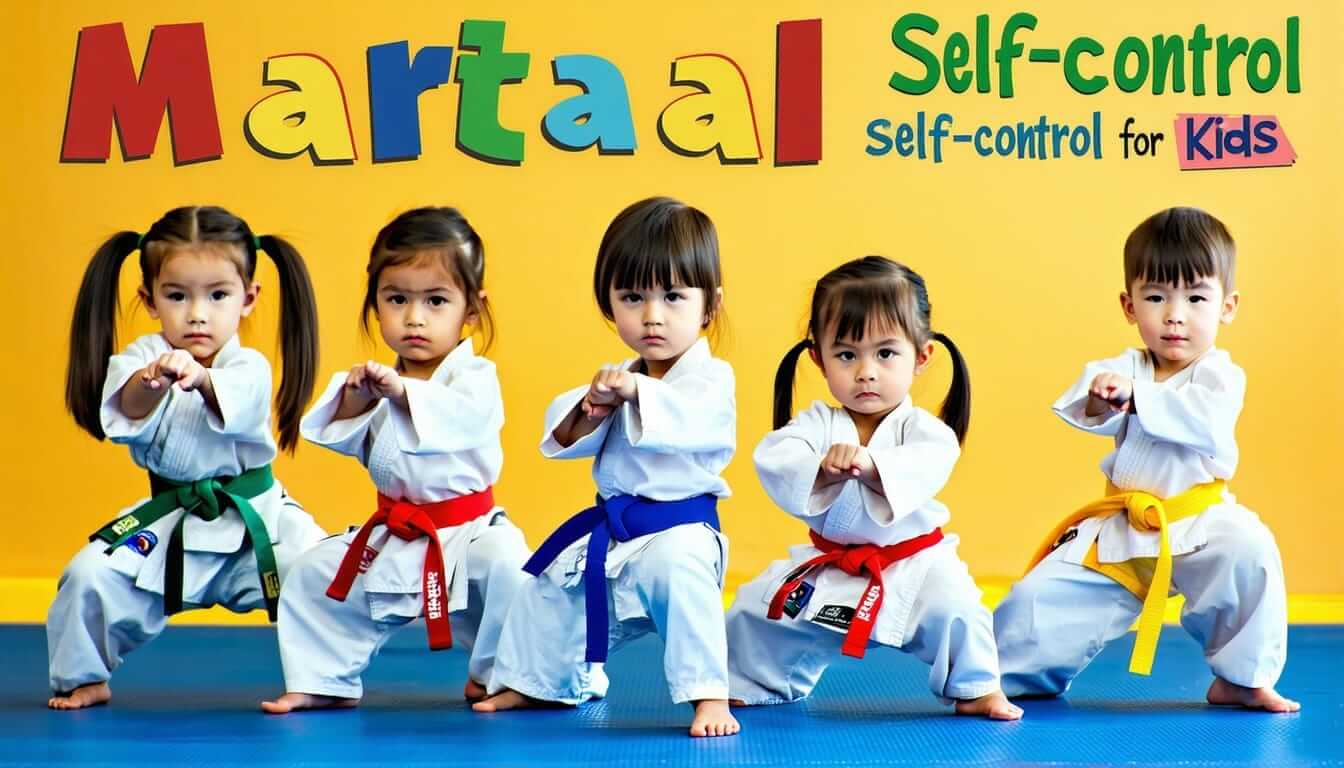
0 Comments